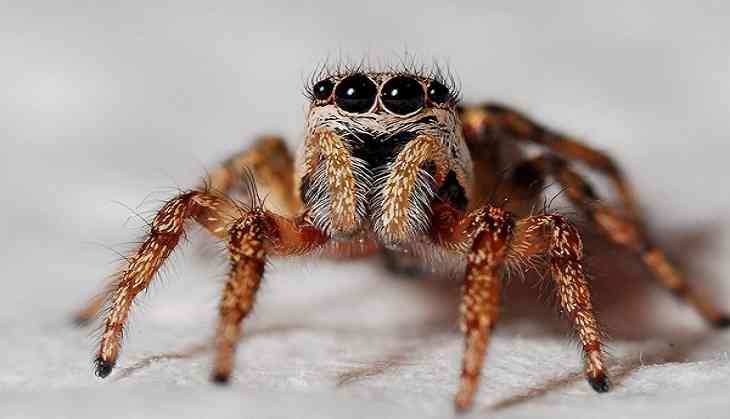
Here's a ray of hope for people, who are hard of hearing, as according to a study, fine fibers like spider silk can improve the quality of microphones in hearing aid.
The findings indicated that mosquitoes, flies and spiders all have fine hairs on their bodies that move with the sound waves traveling through the air.
Their microphones improve the directional sensing across a wide variety of frequencies that are often too quiet for microphones to pick up on.
Study researcher Jian Zhou from Binghamton University said that the team has done a number of studies looking at what can be learnt from insects, when it comes to hearing.
He explained, "We use our eardrums, which pick up the direction of sound based on pressure, but most insects actually hear with their hairs and the spider silk is able to pick up the velocity of the air instead of the pressure of the air."
A person with a hearing aid is unable to cancel out background noise when having a conversation in a crowded area. The same concept could be applied to the microphone inside cell phones.
"This can even happen with infrasound at frequencies as low as 3 hertz," said Miles.
The team used spider silk, but Miles explained that any fiber that is thin enough could be used in the same way.
While the spider silk picks up the direction of airflow with great accuracy, the information has to be translated into an electronic signal to be used.
They coated the spider silk with gold and put it in a magnetic field to obtain an electronic signal and it's actually a fairly simple way to make an extremely effective microphone that has better directional capabilities across a wide range of frequencies.
The researchers explained that because spider silk is so good at sensing air flow, it's possible that spiders can hear through their own web.
The research appears in the journal Proceedings of the National Academy of Sciences.
-ANI


